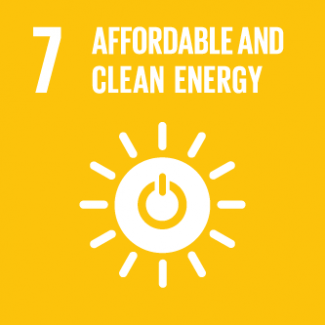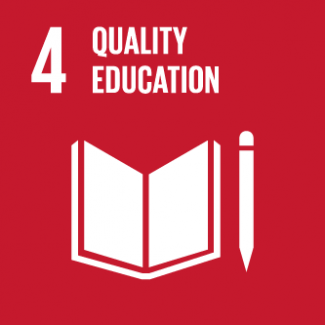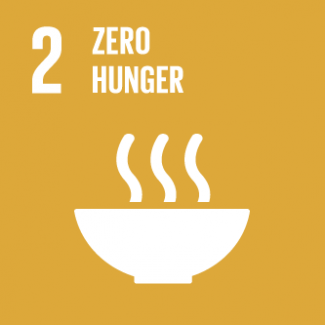Jordan has done well at minimizing the health impact of the COVID‐19 crisis. Soon after the outbreak, the Government of Jordan announced a first set of measures and incentives to address immediate liquidity and cost of financing concerns for various sectors/businesses, and measures to protect vulnerable households. Nevertheless, domestic lockdowns, the global economic slowdown, trade disruptions, and the suspension of international travel are likely to have a sizable impact on the Jordanian economy. The unprecedented economic shock of COVID-19 has exacerbated existing structural weaknesses in the economy and unresolved social challenges and put pressure on country’s fragile macroeconomic stance.
Key challenges to Jordan’s outlook include the prolonged decline in economic activity from domestic lockdowns, which could escalate high unemployment levels. The speed of economic recovery in the medium-term largely depends on the evolution of the pandemic and whether reforms are put into effect.
These reforms are anchored in the Five-Year Reform Matrix that Jordan developed in collaboration with the World Bank and other development partners. The Matrix lays the foundations for sustainable, inclusive growth that can deliver on agendas involving jobs, youth, and gender. These medium-term reforms aim to make Jordan’s economy more efficient and reorient it toward export-led growth by creating a better business and investment environment. During the pandemic, reforms to support productivity and strengthen digitalization for the economy have been particularly useful.
Source: World Bank, Jordan Country Overview
Please find the Jordan SDG Investor Map narrative report here.
14



Renewable Resources and Alternative Energy, Food and Beverage, Education
0.729
How is this information gathered?
SDG Investor Maps employ an 8-step methodology, combining data research and stakeholder consultations to identify Investment Opportunity Areas (IOAs) and potential business models with significant financial and impact potential.
Disclaimer
UNDP, the Private Finance for the SDGs, and their affiliates (collectively “UNDP”) do not seek or solicit investment for programmes, projects, or opportunities described on this site (collectively “Programmes”) or any other Programmes, and nothing on this page should constitute a solicitation for investment. The actors listed on this site are not partners of UNDP, and their inclusion should not be construed as an endorsement or recommendation by UNDP for any relationship or investment.
The descriptions on this page are provided for informational purposes only. Only companies and enterprises that appear under the case study tab have been validated and vetted through UNDP programmes such as the Growth Stage Impact Ventures (GSIV), Business Call to Action (BCtA), or through other UN agencies. Even then, under no circumstances should their appearance on this website be construed as an endorsement for any relationship or investment. UNDP assumes no liability for investment losses directly or indirectly resulting from recommendations made, implied, or inferred by its research. Likewise, UNDP assumes no claim to investment gains directly or indirectly resulting from trading profits, investment management, or advisory fees obtained by following investment recommendations made, implied, or inferred by its research.
Investment involves risk, and all investments should be made with the supervision of a professional investment manager or advisor. The materials on the website are not an offer to sell or a solicitation of an offer to buy any investment, security, or commodity, nor shall any security be offered or sold to any person, in any jurisdiction in which such offer would be unlawful under the securities laws of such jurisdiction.

















